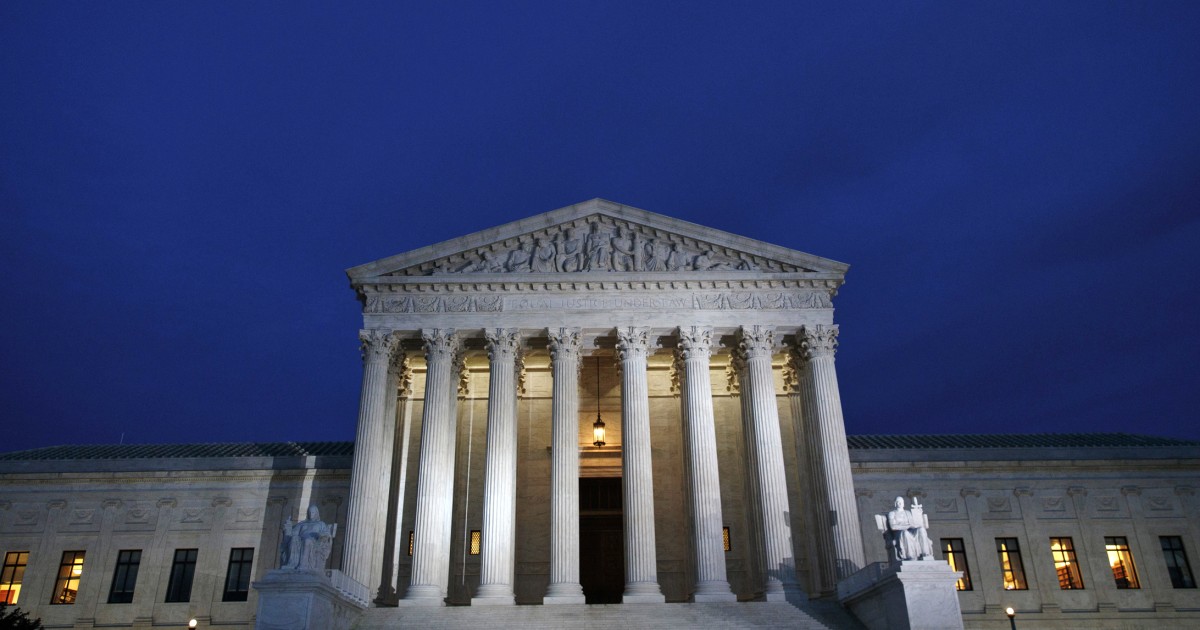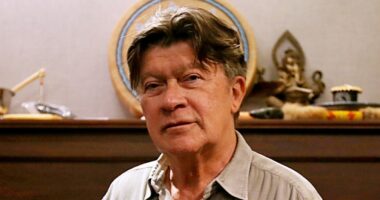
The Supreme Court on Monday said a previous ruling that forbids nonunanimous jury verdicts in trials for serious crimes can’t be applied retroactively, a blow to criminal justice reform advocates and defense attorneys in two states where hundreds of cases have been called into question.
The justices ruled 6-3 along ideological lines that defendants convicted by split juries and whose appeals have been fully exhausted don’t automatically get to challenge their convictions and benefit from new trials. The ruling, however, doesn’t stop prosecutors in Louisiana and Oregon — states that historically have allowed nonunanimous juries — from granting new trials in individual cases.
While advocates had been hopeful that the justices would determine that their decision to ban split juries should be applied retroactively, the Supreme Court was required to consider whether doing so would warrant “watershed” status, a high bar related to ensuring that there is “fundamental fairness and accuracy” in criminal proceedings.
Justice Brett Kavanaugh, writing for the conservative majority, didn’t believe watershed status had been reached.
“Continuing to articulate a theoretical exception that never actually applies in practice offers false hope to defendants, distorts the law, misleads judges, and wastes the resources of defense counsel, prosecutors, and courts,” Kavanaugh wrote. He was joined by Chief Justice John Roberts and Justices Clarence Thomas, Samuel Alito, Neil Gorsuch and Amy Coney Barrett.
Justice Elena Kagan, in the minority’s dissent, expressed her disappointment that “for the first time in many decades … those convicted under rules found not to produce fair and reliable verdicts will be left without recourse in federal courts.”
The Supreme Court in December began examining the idea of retroactively barring split juries through the 2006 case of Thedrick Edwards, a Black man in Louisiana convicted of multiple counts of armed robbery, rape and kidnapping, which resulted in a life sentence. Jurors were split either 10-2 or 11-1 on each count, with the lone Black juror voting to acquit.
Louisiana Solicitor General Liz Murrill, representing the state, argued to the high court that a retroactive ruling would unsettle thousands of cases and that “requiring new trials in long-final criminal cases would be impossible in some, and particularly unfair to the victims of these crimes.”
Download the NBC News app for breaking news
In April 2020, the justices in a 6-3 ruling found that the Constitution guarantees those accused of serious crimes a unanimous jury verdict, siding with a Louisiana man, Evangelisto Ramos, convicted in the 2014 killing of a woman in New Orleans. The jury in his case was split 10-2.
The use of nonunanimous juries dates to the post-Reconstruction Jim Crow era, and in Louisiana is tied to denying Black citizens equal representation in the court and justice systems.
A 2020 report by the Promise of Justice Initiative, a nonprofit advocacy group in New Orleans, found that 80 percent of the more than 1,500 inmates incarcerated in Louisiana by a split jury are Black and most are serving life sentences without the possibility of parole.
While Black people make up 33 percent of the state’s population, they represent 67 percent of prison inmates, studies show.
Last month, the Promise of Justice Initiative and its pro bono partners said they had filed more than 1,000 petitions in Louisiana requesting new trials for people convicted by split juries in light of the Supreme Court’s 2020 ruling that forbids the practice.
Jamila Johnson, a managing attorney at the initiative, said the Supreme Court’s ruling betrays the larger movement nationwide to address the disparities in the legal system following racial justice protests last year.
“Too many of our institutions still bow to Jim Crow,” Johnson said. “This fight is far from over. … Now the obligation falls to state lawmakers to address the continuing injustice of Jim Crow juries.”
Source: | This article originally belongs to Nbcnews.com









